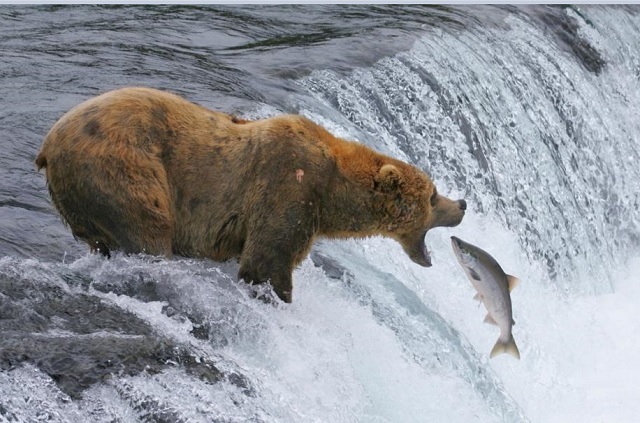
New York, United States | AFP |
With his stunning election triumph, Donald Trump has emblazoned his name in golden letters on the brand of the United States.
The superpower of soft power that produces much of the world’s most-loved music, movies and technology on Tuesday chose a president who is wildly unpopular in close US allies.
Trump’s surprise election could have far-reaching effects for the US image with potential consequences for companies, universities and tourism.
Still, the extent of Trump’s impact remains to be seen. Most foreigners presumably can differentiate between politics and people, and America’s best-known entertainers overwhelmingly backed rival Hillary Clinton.
The presidency itself has long been key to the US global image, with popular films and television series such as “Air Force One” and “The West Wing” depicting wise, principled presidents, and embassies around the world throwing election watch parties to showcase the peaceful transition of power.
The harsh tone of the campaign, and protests that followed Trump’s victory, undercut that message this time, said Nicholas Cull, a professor of public diplomacy at the University of Southern California’s Annenberg School.
“I think it’s unsettling to audiences around the world, especially as part of Trump’s approach is to be tough and to be rude around foreigners — saying he is going to teach China a lesson, or that China has been ‘raping’ the American economy, or to say that NATO allies are not pulling their weight,” Cull said.
“However, on the other side of that, I think people around the world are not stupid and they recognize an American version of a kind of politics that is occurring in many countries,” said Cull, referring to the rise of populist leaders.
US popular under Obama
The foreign image of the United States has shifted sharply in the recent past. Outside much of the Islamic world, strong majorities in major countries have consistently seen the United States favorably since President Barack Obama took office in 2009, according to annual surveys by the Pew Research Center.
The enduring popularity of the United States under its first African American president was a marked change after wide criticism of the country among European allies following president George W. Bush’s invasion of Iraq.
Trump, a brash tycoon who has boasted of forcing himself on women and has no experience in government, has an abysmally low image in much of the world with Russia a rare exception.
The Pew survey released in June found that only single-digit percentages in US allies France, Germany and Japan were confident about his decision-making in world affairs.
Blow to tourism?
The drag on the US image could be particularly acute to the travel and tourism industry, which has been growing steadily with help from the marketing firm Brand USA, set up under a 2010 law.
The United States last year was the largest recipient of foreign tourists after France, with the tourism industry accounting for 7.6 million jobs directly or indirectly.
Trump has called for a ban on all Muslim visitors and a wall to block the border with Mexico, the biggest source of visitors to the United States after Canada.
While it remains unclear whether Trump can fulfill his promises, US visa rules are likely only to get more onerous.
Prospective visitors “will therefore say, why go through all of that, and will we be welcome anyway? Especially those from the Muslim faith and from Latin America,” said Christopher Nurko, global chairman of strategy firm FutureBrand.
Nurko said European countries and especially Canada — whose Prime Minister Justin Trudeau has laid out a welcome mat to foreigners including refugees — stood in a strong position to woo foreign travelers or investors turned off by Trump.
US universities are also home to nearly one million foreign students, contributing more than $30 billion in 2015 to the US economy, according to government data.
Led by China and India, the international student body in the United States jumped 10 percent in 2014-15, its fastest pace in years, amid concerted efforts to attract students of diverse backgrounds.
“What you are seeing now is that the domestic identity of the United States, or of those who elected Trump, is starkly at odds with how the world wants America to be seen,” Nurko said.
 The Independent Uganda: You get the Truth we Pay the Price
The Independent Uganda: You get the Truth we Pay the Price



